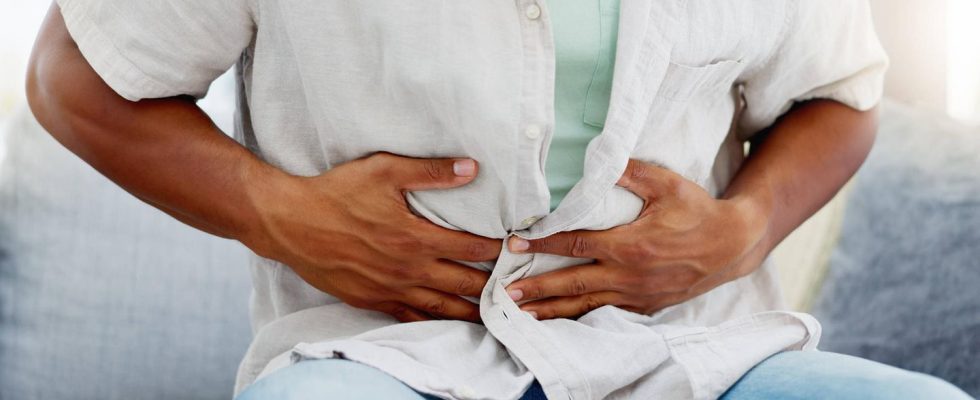Cryptosporidia
Britain is battling a mysterious wave of diarrhea
The number of cases of diarrhea in Great Britain has risen sharply since August.
© Zoonar II / Imago Images
A lot of people in Great Britain are currently suffering from diarrhea. The cause is a pathogen that you can become infected with, among other things, on vacation.
This text first appeared at RTL.de.
In Great Britain Cases of gastrointestinal diseases are currently increasing. The result: hundreds of people have diarrhea! And even if the doctors know who or what is causing the disease – namely a small, nasty parasite – they don’t know why the numbers are suddenly increasing so sharply.
The number of infections exceeded expectations, wrote the specialist journal Eurosurveillance at the end of October. We’re talking about the diarrheal disease cryptosporidiosis, which is caused by parasites and is currently causing quite a stir in Great Britain.
The number of cases of the disease in the country has been rising steadily since August. The experts have predicted just over a hundred cases per month for Great Britain, based on the infection situation in recent years. But a new study by Eurosurveillance shows that these numbers were exceeded almost five times. At the end of September, for example, a total of 450 cases were reported to the country’s health authorities.
But what is the reason for this surprising Diarrhea-Wave? This is exactly where the experts are still faced with a puzzle.
Diarrhea pathogens are difficult to combat with cleaning products
First of all: Cryptosporidiosis is primarily caused by two types of parasites, Cryptosporidium hominis and parvum, as the Robert Koch Institute (RKI) writes, and is accompanied by vomiting and diarrhea. The pathogens are highly resistant to disinfectants, according to the website. They also resist the chlorine-based disinfectants that clean our drinking water and swimming pools. And this is the problem.
According to the American health authority CDC, an infected person can excrete several million pathogens per visit to the toilet – but only ten pathogens are enough to pass on the disease. This usually happens orally, i.e. through the mouth, and through infected water, according to the RKI.
People become infected if the disinfection of drinking water was not sufficient and they drink tap water or ice cubes. That’s why, according to the RKI, cryptosporidiosis occurs significantly more often in developing countries than in industrialized countries.
But infection can also happen quickly here: Whenever a sick person goes swimming and has not washed themselves extremely thoroughly after using the toilet, and another person in the same pool accidentally swallows some of the water, the pathogens can be transmitted.
The leaders of the Eurosurveillance study assume that this is precisely the reason for the high number of infections. “Our initial results suggest that swimming, including use of swimming pools, and international travel may be the cause of the current increase,” they write. This also means that cases of cryptosporidiosis could easily occur from vacationers in Germany.
Some of those affected in Great Britain were on vacation in Spain, where there was also an increased number of cryptosporidiosis cases in the summer. However, other reasons cannot be ruled out.
And what can those affected do now? Actually not much, as the RKI writes. There is currently “no specific therapy” that reliably eliminates the parasites, according to the website.
Therapy is symptomatic and usually involves the administration of fluids and electrolytes. Risk groups such as small children, older people and people with a weakened immune system should also be closely monitored by their doctor.
The disease is reportable
Health authorities in the UK are also asking all workers to quarantine for at least two days if they are suffering from diarrhea and vomiting.
By the way: The disease is reportable throughout the EU and is immediately reported to the health department if a stool sample is positive.


